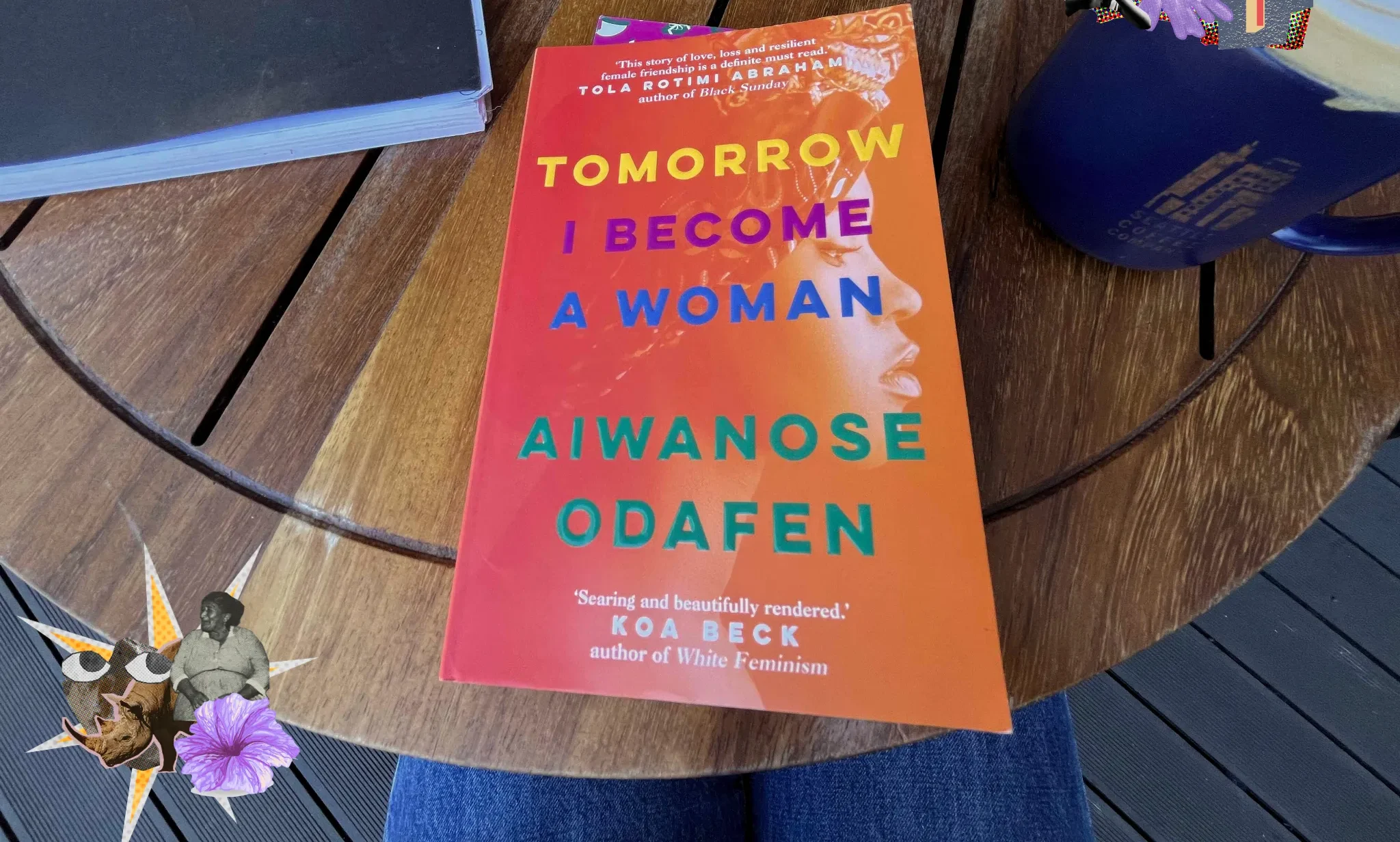”
Written byJordan Fernandez
Reading This Novel Felt Like Training For A Marathon But The Ending Was Well Worth The Effort.
I want to throw this book at your head, I want to throw it off the balcony and I want to throw it in the trash. I also want to hold it close while I cry; I want to keep it with me so I can read it in every spare moment, and I want to keep it visible on my shelf so I can be reminded of it often. It will never not be mesmerising the way African woman can tell a story. Every single emotion I have is evoked at some point, and after finishing a novel as impactful, thoughtfully written and hard-hitting as Aiwanose Odafen’s, Tomorrow I Become A Woman, you cannot help but feel fulfilled in the most beautiful way.
Obianuju as a young university student is someone I can so closely relate to. Her self-assurance and willingness to persevere is inspiring. As the story progresses and she grows up, I find myself wondering if I could be as strong as her. I don’t know if it is the way it is written or her aura merely coming through the words, but Uju must be one of the most vivacious female characters I have read about. The colloquial term ‘Africanacity’ was made just for her.

The late Ghanaian writer, Ama Ata Aidoo said that African literature always serves a purpose, said purpose in this novel is to make you feel everything Uju feels. Her Uncle Ikenna’s death haunts you as much as it does her. When she is convinced to move back into her husband’s home after his abusive actions, so too are you convinced. When her mom gives traditional advice, you hear that voice as rational and coming from your own mother. Her story cuts deeply because you feel as if you are living it. It is not just for feminists, the politically inclined or the disempowered. It is for the people who want to read about navigating mother-daughter relationships, female friendships, and marriage. Obiora and Ifeoma are names mentioned in this novel and if you have had the pleasure of reading it, you would know they also come from a novel called Purple Hibiscus by Chimamanda Ngozi Adichie. These two African female writers enrich the world of literature, and their idea of femininity is empowering. After finishing their respective novels, you are changed, even if only a little.
Each word is purposeful and feels as if it is prompting conversation. In Odafen’s book, she writes, “Ebuka is a man, a woman cannot go around dressed like that.” Sentences like that are so controversial in the 21st century they cannot help but provoke responses. Is it right or wrong? What role does the Igbo culture play? What effect does Nigeria’s political ethos have? What is the role of women and do they further this narrative? Is it a matter of age difference and tradition or ignorance and sexism? Books which promote difficult conversations or cause cognitive dissonance are those worth writing reviews on, after all, what is a good book if it does not challenge the way you think. So, if you are an uninterested, male traditionalist with no passion for learning something new…put down Trump’s biography, this novel should be on your TBR.





